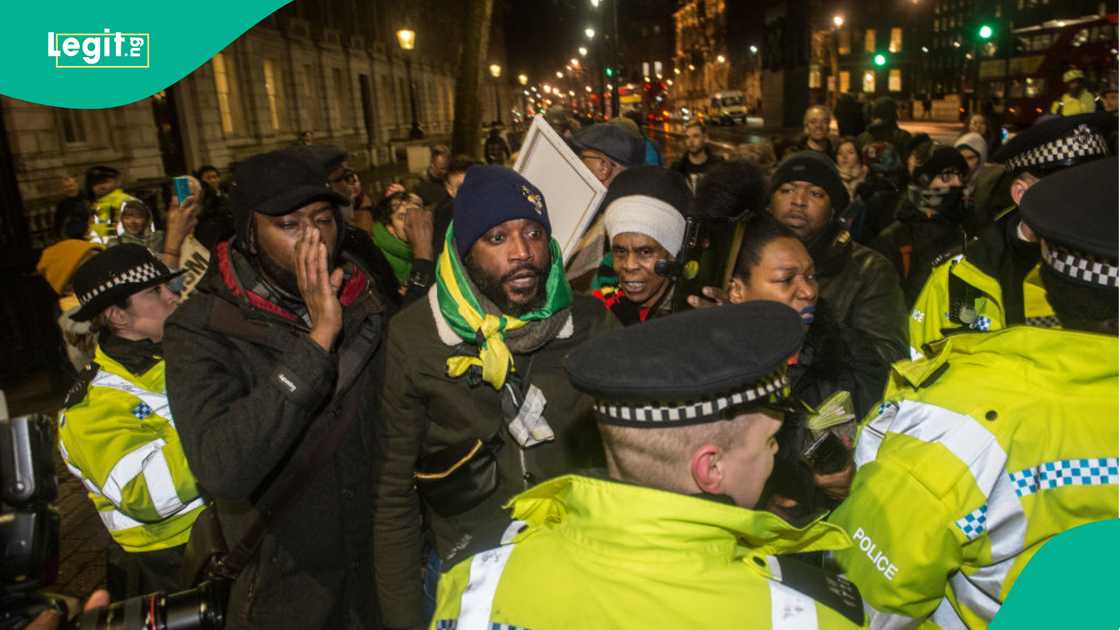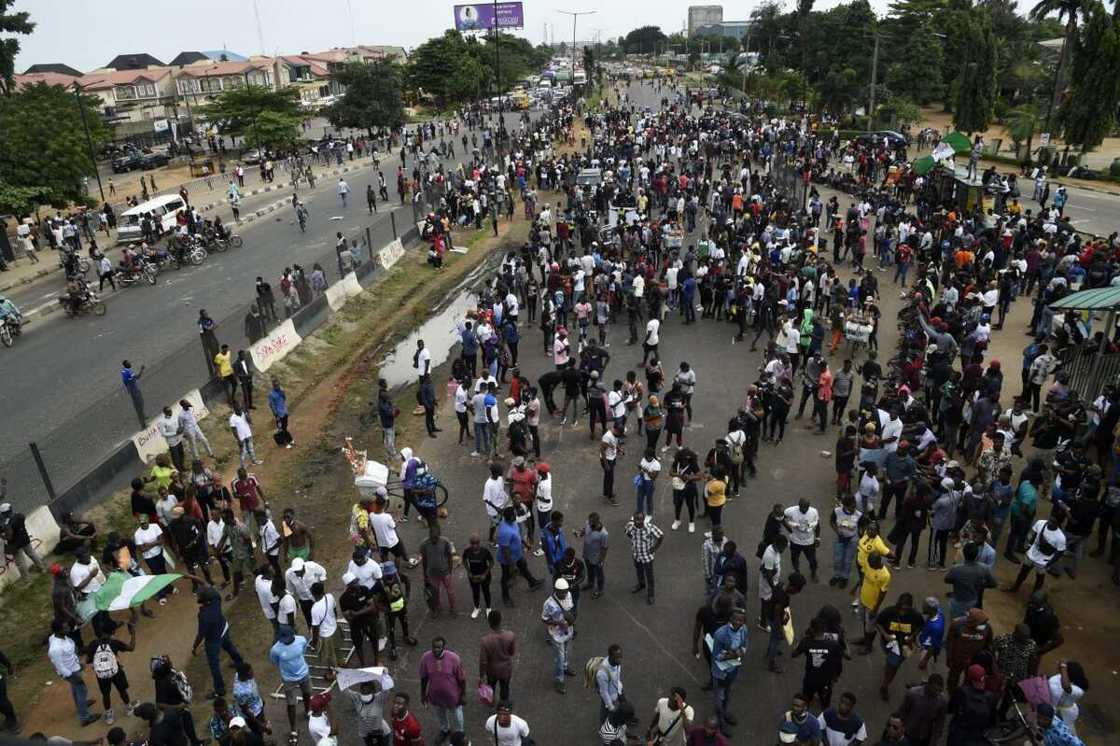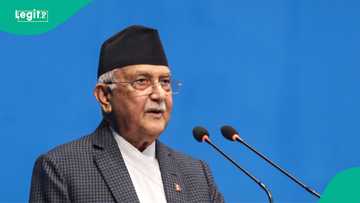Nepal Lifts Social Media Ban after Violent Clashes Left 19 Dead
- Nepal has lifted its sweeping ban on 26 social media platforms following deadly nationwide protests that left 19 people dead and hundreds injured
- The unrest, led largely by Gen Z demonstrators, erupted over digital censorship and deep-rooted frustrations with corruption and economic stagnation
- Despite the government’s reversal, anti-corruption protests have continued, signalling a broader crisis of public trust
Nepal’s government has reversed its controversial ban on 26 major social media and messaging platforms following nationwide protests that left at least 19 people dead and more than 200 injured.
The decision came just hours after demonstrators stormed the parliament complex in Kathmandu, demanding the restoration of digital access and broader reforms.

Source: Getty Images
Communications and Information minister Prithvi Subba Gurung confirmed the rollback, stating, “We have withdrawn the shutdown of the social media. They are working now.”
The ban had targeted platforms including Facebook, Instagram, WhatsApp, YouTube, Snapchat, Pinterest, and X, all of which had failed to meet a government deadline to register under new regulatory requirements.
Gen Z-led protests highlight deepening frustration
The unrest was spearheaded by thousands of young Nepalese, many of whom rallied under the banner of “Gen Z” protests.
While the immediate trigger was the social media blackout, demonstrators voiced deeper grievances over entrenched corruption and limited economic prospects.
“We are protesting against corruption that has been institutionalised in Nepal,” said 24-year-old student Yujan Rajbhandari.
Protesters in Kathmandu breached barricades and set fire to an ambulance near the parliament building.
Security forces responded with water cannon, batons, and rubber bullets, while the army was deployed and a curfew imposed.
Similar scenes unfolded in smaller cities across Nepal, with clashes between police and protesters reported nationwide. Amnesty International condemned the use of live ammunition, stating it had caused deaths and serious injuries.
“The law enforcement agencies must only use force where absolutely necessary and it must be strictly proportionate to the legitimate aim sought to be achieved,” the organisation said.

Read also
Breaking: TUC issues 14-day ultimatum to Tinubu's govt to immediately stop 5% fuel tax, "economic wickedness"
Government faces political fallout and public outcry
Prime Minister KP Sharma Oli expressed sorrow over the violence, attributing it to “infiltration from different selfish centres.” In a significant political development, the home minister resigned on Monday night following the fatal crackdown on protesters.
The government announced the formation of an investigative committee and pledged financial relief for the families of the deceased, along with free medical treatment for the injured.
Despite the lifting of the social media ban, protests continued into Monday night and Tuesday morning. Demonstrators carried placards reading “youths against corruption,” underscoring the persistence of public anger.
Student Ikshama Tumrok, 20, said she was protesting against the “authoritarian attitude” of the government, citing the digital shutdown as emblematic of broader overreach.
Social media regulation sparks controversy
The ban followed a government directive issued last month requiring social media companies to register locally, appoint grievance officers, and establish a point of contact. Major platforms failed to comply within the seven-day deadline, prompting the block.
Officials argued that the move was necessary to curb the misuse of social media, including the creation of fake accounts used to spread hate speech, misinformation, and commit fraud.
Telegram had previously been blocked in July, while TikTok faced a nine-month suspension that was lifted last August after agreeing to Nepali regulations.

Source: Facebook
TikTok users brace for ban
Legit.ng earlier reported that after months of legal tussles, the US Supreme Court on Friday upheld a law that would ban the video-sharing platform used by 170 million Americans in the name of national security, unless its Chinese owners reach an eleventh-hour deal to sell it to American buyers.
"I'm more sad than shocked," 24-year-old Chaudhary reportedly said.
"But still, it's sad and disappointing that the US government has come together to ban an app instead of banding together to adopt a law that matters about health or education."
Source: Legit.ng




